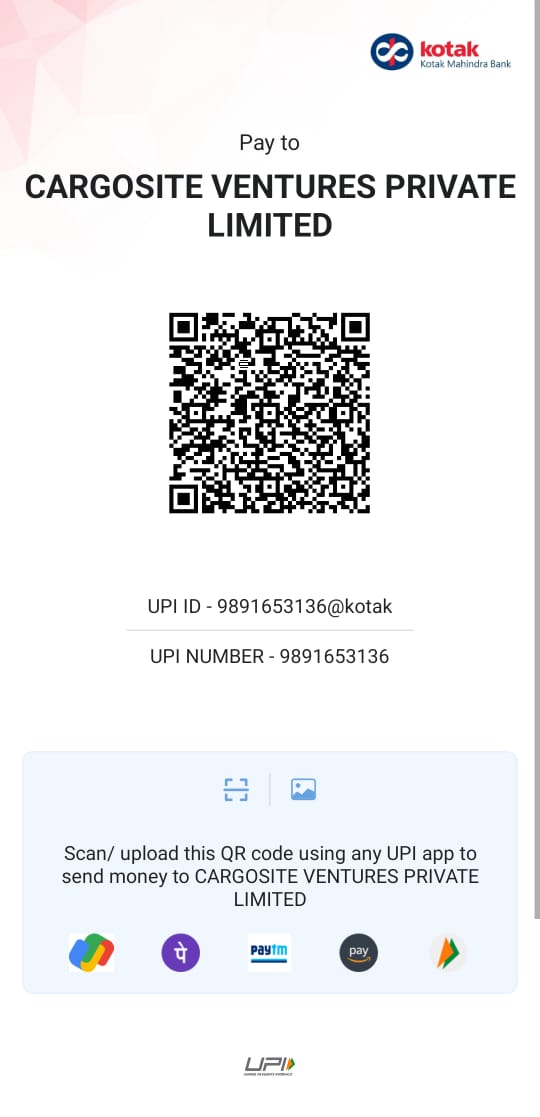For a customized and attractive quotation, please contact with your product details to Rekha Atri (+91 98118 03136) or Manju Laur (+91 9711994042).
Overview of Cosmetics Registration (CDSCO):
The cosmetic industry in India is witnessing significant growth, necessitating stringent regulation to ensure the quality, safety and efficacy of imported cosmetic products. To facilitate this, the Central Drugs Standard Control Organization (CDSCO) mandates a Cosmetic Import Registration Certificate from the Ministry of Health & Family Welfare as specified under Rule 21 of the Drugs and Cosmetics Rules 1945. This certification enables seamless import and sale of cosmetics in India, governed by the Drugs and Cosmetics Act 1940.
A cosmetic is defined as any substance intended to be applied to the human body for altering, cleansing or beautifying it’s appearance. This includes various articles associated with cosmetic products.
According to the Drugs & Cosmetics Act 1945, the following parties can apply for CDSCO Cosmetic Import Registration in India:
- Authorized Agents: Agents appointed by manufacturers to import cosmetics on their behalf.
- Manufacturers' Subsidiaries: Indian subsidiaries of foreign manufacturers can apply on their behalf.
- Manufacturers: Direct application can be made by the manufacturers themselves.
- Other Importers: Indian importers seeking to import cosmetics from foreign manufacturers.



